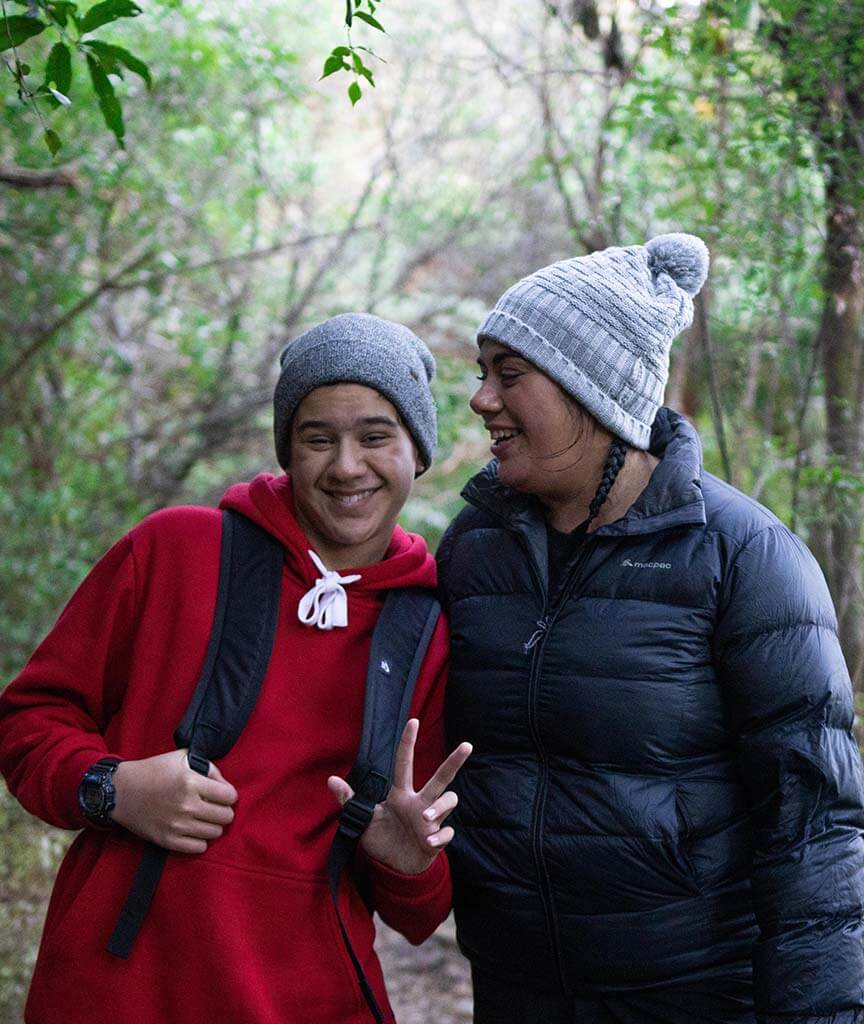When times are tough & money is tight, how do you find happiness?
Isolated. Alone. Gemma sought happiness by giving her son everything she never had growing up. But every time she spent money, she was left with a deep sadness.
Find out how she beat her never-ending cycle of debt and discovered joy that lasts.
“My kids say ‘Mum owns her own business!’ — and they’re proud of it.”
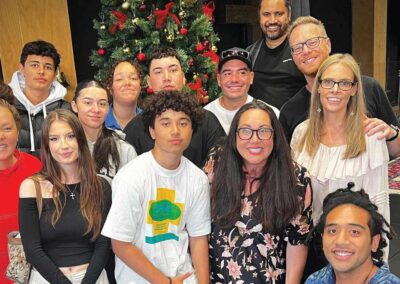
Money tight? 6 money-saving tips to help you do Christmas on a budget
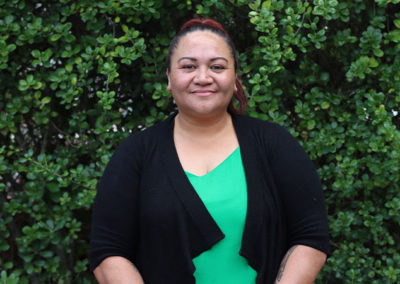
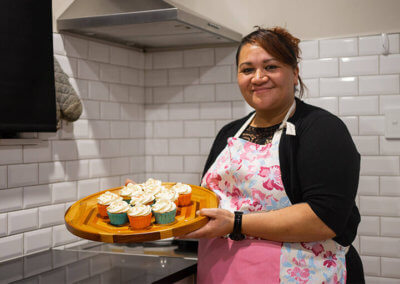
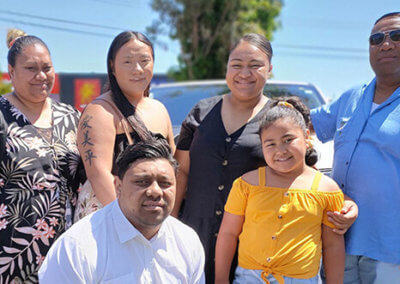
Never miss out!
Sign-up for eNews.
Beautiful stories of New Zealanders on their CAP journey.
